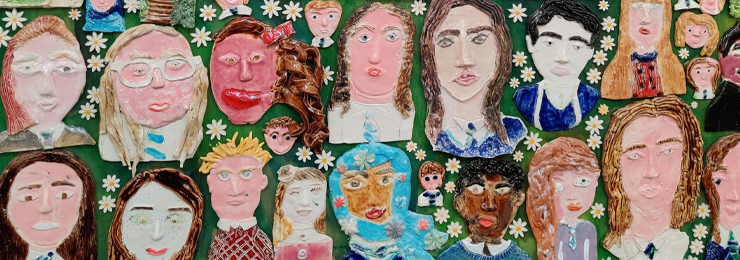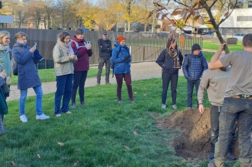The post-truth politics refers to a distracting societal climate in which public discussion and political actions are influenced by personal beliefs and emotional reactions instead of rational decision-making and evidence. Some politicians and influencers may even intentionally disseminate false narratives that advance their agendas.
Social media and other “echo chambers” (European Center for Populism Studies, n.d.) amplify the spread of misinformation by repeating illusory truths in the bubbles of like-minded people. Post-truth politics has several worrying consequences. It accelerates the polarisation of people by dividing society into opposing camps. It undermines trust in public institutions, including the media, government, scientific communities and educational institutions.
However, education has a key role to play in equipping young people with the knowledge, skills and attitudes to navigate the post-truth political era. Media literacy and critical thinking skills are essential for students to learn how to assess the credibility of information, the reliability of sources and the possible hidden agendas of those providing information. Emphasising the importance of empirical evidence and scientific inquiry helps students develop a truth-seeking and evidence-based mindset, countering the spread of misinformation and pseudoscience. We live in an age that demands new qualities from us who teach too. But before we go any further, let’s take a quick trip to the country that is actively rebuilding its communities after decades of polarisation.
Last November, I had the opportunity to visit integrated comprehensive schools in Belfast, Northern Ireland. These schools, which provide primary and secondary education, bring together students from Catholic and Protestant communities of different political and cultural traditions. The schools are open to young people from all religious, cultural, and socio-economic backgrounds. My first impression was of the schools’ exceptionally open and engaging spirit. The integrated schools actively develop and measure pupils’ well-being, emotional safety, learning outcomes and the atmosphere of the school community. The results are excellent. How do they do it?
The teachers told us, the visitors, that the achievements require a commitment to several collective strategies. I was particularly struck by the following three aspects: Firstly, teachers emphasised that it was very important for themselves to reflect and share collegially on their own values and principles that might influence their teaching practice. Teachers practised self-awareness, also paying attention to the information and interpretations they were exposed to earlier in their lives, for example, in their own childhood upbringing.
Secondly, the teachers wanted to be role models of integrity for their students. They sought to demonstrate a commitment to truth, honesty and transparency in all aspects of their teaching and daily behaviour. Thirdly, they promoted empathy, understanding and appreciation by cultivating an appreciative dialogue with students. They made great efforts to learn their students’ names. They always had time to acknowledge and talk to their students. They created opportunities for students to engage with different perspectives and develop empathy for others with different views. In addition, school managers involved parents, carers and the broader community in efforts to promote education.
I was very impressed by my visit and have returned to these schools in my mind many times since. Discussions with colleagues from Northern Ireland made me realise that they demonstrated many of the competencies we all need as educators in these times of global crises and controversial information. We need to model integrity and ethical behaviour in our teaching practice. We need to promote empathy and perspective-taking in our communities. We must create opportunities for open dialogue and exemplify respectful discourse ourselves. We have to practice what we preach, even if it sounds pompous and old-fashioned. By fostering empathy along with critical thinking skills in education, we promote constructive interactions and mitigate the polarising effects of post-truth politics. Although the complex and unpredictable world challenges us, we can respond with clarity, compassion and resilience.
Author
Essi Ryymin, Principal Research Scientist, HAMK Edu
Photograph: Essi Ryymin




